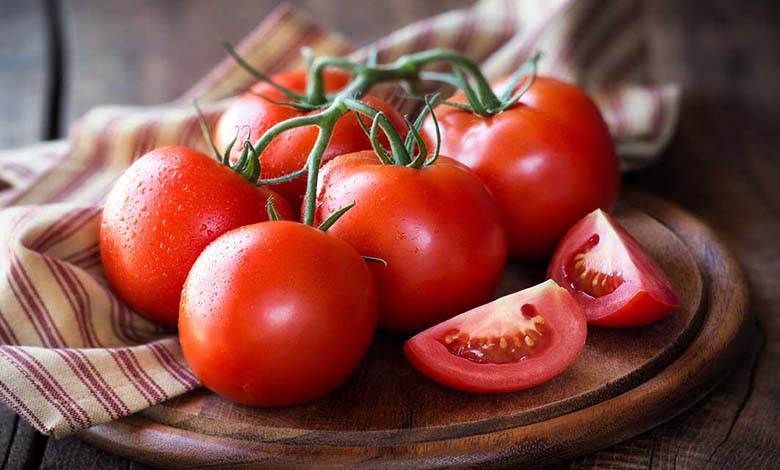Tomatoes may lower the risk of liver cancer: insights from scientific research

For decades, nutrition has been a central focus in cancer prevention research. Among the foods under investigation, tomatoes have attracted special attention due to their wealth of bioactive compounds, particularly lycopene, a powerful antioxidant responsible for their vibrant red color. Recent studies suggest that regular consumption of tomatoes or tomato-based products could play a protective role against several types of cancer, including liver cancer, one of the deadliest worldwide.
-
Consuming tomatoes for two weeks would be beneficial for health
-
How seasonal fruits and vegetables strengthen your immunity
A global health burden
Liver cancer, especially hepatocellular carcinoma, is now among the leading causes of cancer-related deaths. It is closely linked to risk factors such as chronic viral hepatitis (B and C), excessive alcohol consumption, non-alcoholic fatty liver disease, and exposure to food toxins such as aflatoxin. These conditions cause chronic inflammation and progressive damage to liver cells, eventually paving the way for malignant transformation.
The protective role of tomatoes
Tomatoes are rich in lycopene, vitamin C, vitamin E, and phenolic compounds. Lycopene, in particular, has demonstrated a remarkable ability to neutralize free radicals responsible for oxidative stress—a key mechanism in cancer development. Experimental research has shown that lycopene can reduce liver inflammation, support cellular regeneration, and limit the proliferation of precancerous cells.
-
Foods that promote good nutrition in the elderly
-
Lettuce at Suhoor… A Shield against Dehydration during Fasting
Scientific evidence for a preventive effect
Epidemiological studies conducted across Asia, Europe, and the Americas have revealed a correlation between high tomato consumption and a reduced risk of liver cancer. Animal studies further confirmed that lycopene-enriched diets slowed the progression of liver lesions induced by carcinogenic substances. While large-scale clinical trials are still needed to validate these findings, the evidence underscores the essential role of diet in prevention.
Raw or processed tomatoes?
Interestingly, lycopene’s bioavailability increases when tomatoes are cooked or processed into sauces, juices, or pastes. Cooking breaks down the plant matrix, making lycopene more accessible to the body. Thus, a diet combining both fresh tomatoes and processed products may offer the greatest protection.
-
3 Foods That Reduce the Risk of Heart Disease and Promote Gut Health
-
5 Foods to Avoid During Pregnancy to Prevent Heartburn
Part of an overall healthy lifestyle
It is important to emphasize that no single food provides absolute protection against cancer. Tomato consumption should be part of a broader preventive strategy: a balanced diet rich in fruits, vegetables, and fiber, reduced alcohol intake, vaccination against hepatitis B, and regular medical monitoring.
Future perspectives and recommendations
Current research points to tomatoes as a valuable ally for liver health. Promoting their consumption, particularly within Mediterranean or plant-based diets, could help reduce the global burden of liver cancer. For scientists, the next step lies in deeper clinical investigations to better understand the precise mechanisms of lycopene and to determine the optimal intake for effective protection.












